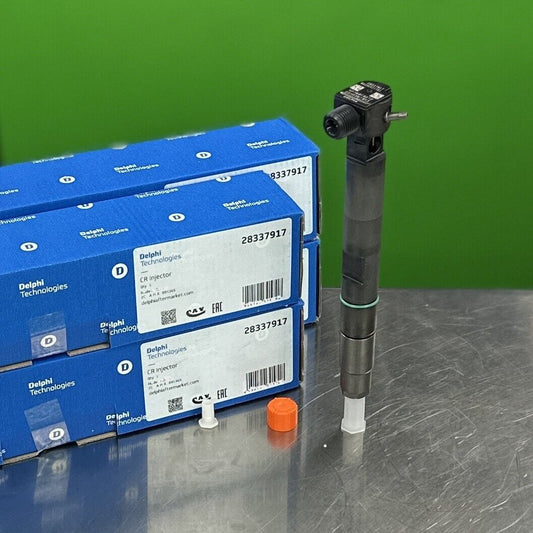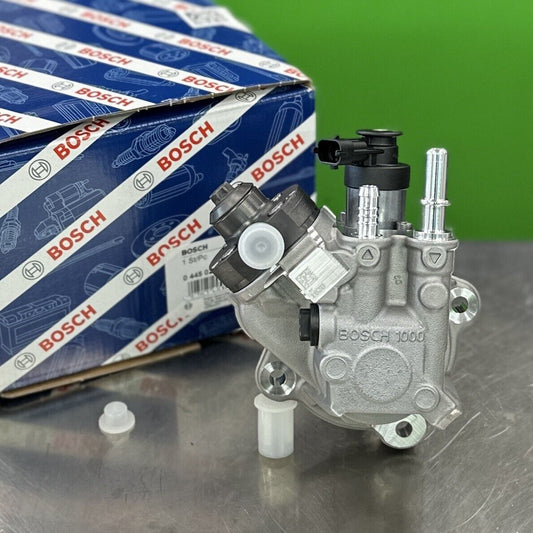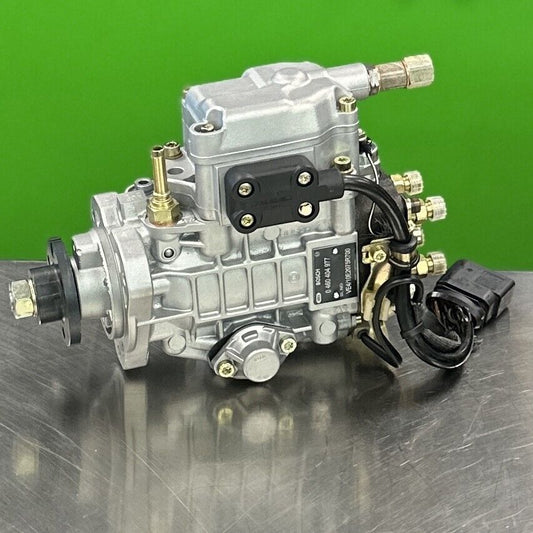Top Diesel Cooling Systems for Hot Summers in Arizona
Arizona's scorching summers can put a strain on diesel engines, making it crucial to have top-notch cooling systems in place to combat the intense heat and ensure optimal performance. The right cooling system can be the difference between a smooth ride and a breakdown in the blistering Arizona heat.
Importance of Efficient Cooling Systems
The for diesel engines cannot be overstated, especially in hot climates like Arizona. Imagine driving through the scorching desert with no proper cooling system in place – it's like trying to survive in a blazing furnace without any protection. Diesel engines, known for their robust performance, can easily succumb to overheating without a reliable cooling mechanism. Just as a well-hydrated person can endure the intense Arizona heat, a diesel engine equipped with an efficient cooling system can thrive even in the most extreme conditions.
Picture a diesel engine as a high-performance athlete pushing their limits in a marathon under the blazing sun. Without proper hydration and cooling, the athlete's performance would decline rapidly, leading to potential health risks. Similarly, diesel engines need efficient cooling systems to prevent overheating, maintain optimal performance, and avoid costly damages that could sideline them indefinitely. In the sweltering heat of Arizona, where temperatures can soar to unbearable levels, a dependable cooling system is the lifeline that keeps diesel engines running smoothly.
Types of Diesel Cooling Systems
When it comes to diesel cooling systems, there are several types available to tackle the scorching summers of Arizona. One common option is the air-cooled system, which relies on air circulation to dissipate heat from the engine. On the other hand, liquid-cooled systems use a coolant fluid to absorb and transfer heat away from the engine components, offering more precise temperature control. Additionally, hybrid systems combine elements of both air and liquid cooling to provide a balanced approach to engine temperature regulation.
Each type of cooling system has its own set of advantages and considerations. Air-cooled systems are known for their simplicity and lower maintenance requirements, making them ideal for certain applications in hot environments. Conversely, liquid-cooled systems excel in heat dissipation, ensuring efficient engine operation even in extreme conditions like those experienced in Arizona. Hybrid systems aim to combine the best of both worlds, offering a compromise between simplicity and efficiency.
Advantages of Air-Cooled Systems
When it comes to diesel engines, air-cooled systems offer several advantages that make them a popular choice, especially in hot climates like Arizona. One key benefit is their simplicity. Air-cooled systems have fewer components compared to liquid-cooled systems, which translates to lower maintenance requirements and potentially reduced chances of malfunctions. This simplicity can be a significant advantage for diesel vehicles operating in harsh conditions where maintenance access may be limited or challenging.
Another advantage of air-cooled systems is their suitability for specific applications in hot environments. These systems are often favored in off-road vehicles or equipment that operate in dusty or sandy conditions. The design of air-cooled systems allows them to function effectively even when exposed to debris or contaminants that could potentially clog a liquid cooling system. This robustness can be crucial for diesel engines working in rugged terrains or construction sites where dust and dirt are prevalent.
In addition to their simplicity and suitability for certain applications, air-cooled systems are known for their efficient cooling capabilities. While liquid-cooled systems rely on a coolant to transfer heat away from the engine, air-cooled systems use the surrounding air to dissipate heat. This natural cooling process can be advantageous in scenarios where access to water or coolant is limited, making air-cooled systems a practical choice for diesel vehicles in remote areas or off-grid locations.
Benefits of Liquid-Cooled Systems
When it comes to the benefits of liquid-cooled systems for diesel engines, one of the key advantages is their superior heat dissipation capabilities. Unlike air-cooled systems that rely on airflow alone, liquid-cooled systems use a coolant that can absorb and carry away heat more efficiently, ensuring that the engine stays within the optimal temperature range even in the scorching Arizona heat.
Moreover, liquid-cooled systems offer precise temperature control, which is crucial for maintaining the engine's performance and longevity. By circulating coolant through the engine and radiator, these systems can regulate the temperature with greater accuracy, preventing overheating and potential damage that can result from fluctuating temperatures.
In extreme heat conditions like those experienced in Arizona, the efficiency of liquid-cooled systems truly shines. These systems are designed to handle high temperatures effectively, ensuring that the engine operates at peak performance levels without being compromised by the intense heat of the environment.
Factors to Consider When Choosing a Cooling System
When selecting a cooling system for diesel vehicles in the scorching Arizona heat, several crucial factors must be taken into account to ensure optimal performance and longevity. One of the primary considerations is the engine size, as larger engines typically generate more heat and require a more robust cooling system to maintain proper operating temperatures. Additionally, the operating conditions play a significant role in determining the most suitable cooling system. Vehicles that frequently operate in stop-and-go traffic or tow heavy loads will necessitate a cooling system with enhanced heat dissipation capabilities.
Maintenance requirements are another essential factor to consider when choosing a cooling system. Some systems may require more frequent maintenance or specialized servicing, which can impact the overall cost of ownership. It is vital to assess the maintenance schedule and requirements of each cooling system option to ensure it aligns with your maintenance capabilities and budget.
Cost is a critical consideration for many vehicle owners when selecting a cooling system. While certain systems may offer advanced features and superior performance, they often come with a higher price tag. It is essential to weigh the initial cost of the cooling system against its long-term benefits and potential savings in terms of fuel efficiency and engine longevity.
Another factor to keep in mind is the compatibility of the cooling system with the specific diesel engine in your vehicle. Not all cooling systems are universally compatible, and it is essential to choose a system that is designed to work efficiently with your engine model. Ensuring compatibility can help prevent issues such as overheating, reduced performance, and premature wear and tear on engine components.
Furthermore, the availability of prompt customer support and access to replacement parts should also be considered when selecting a cooling system. In the event of a malfunction or the need for repairs, having quick access to customer support and replacement parts can minimize downtime and ensure that your vehicle remains operational during hot Arizona summers.
Frequently Asked Questions
-
Q: What are the main benefits of using air-cooled cooling systems for diesel engines in hot climates like Arizona?
A: Air-cooled systems offer simplicity, lower maintenance needs, and are suitable for specific applications in hot environments due to their efficient heat dissipation capabilities.
-
Q: Why are liquid-cooled cooling systems preferred for diesel engines in extreme heat conditions?
A: Liquid-cooled systems provide superior heat dissipation, precise temperature control, and high efficiency, making them ideal for maintaining optimal engine performance in hot climates like Arizona.
-
Q: What factors should be considered when selecting a cooling system for diesel vehicles in Arizona?
A: Important considerations include engine size, operating conditions, maintenance requirements, and overall cost to ensure the chosen cooling system is the most suitable for the specific needs of the diesel vehicle in Arizona's climate.



